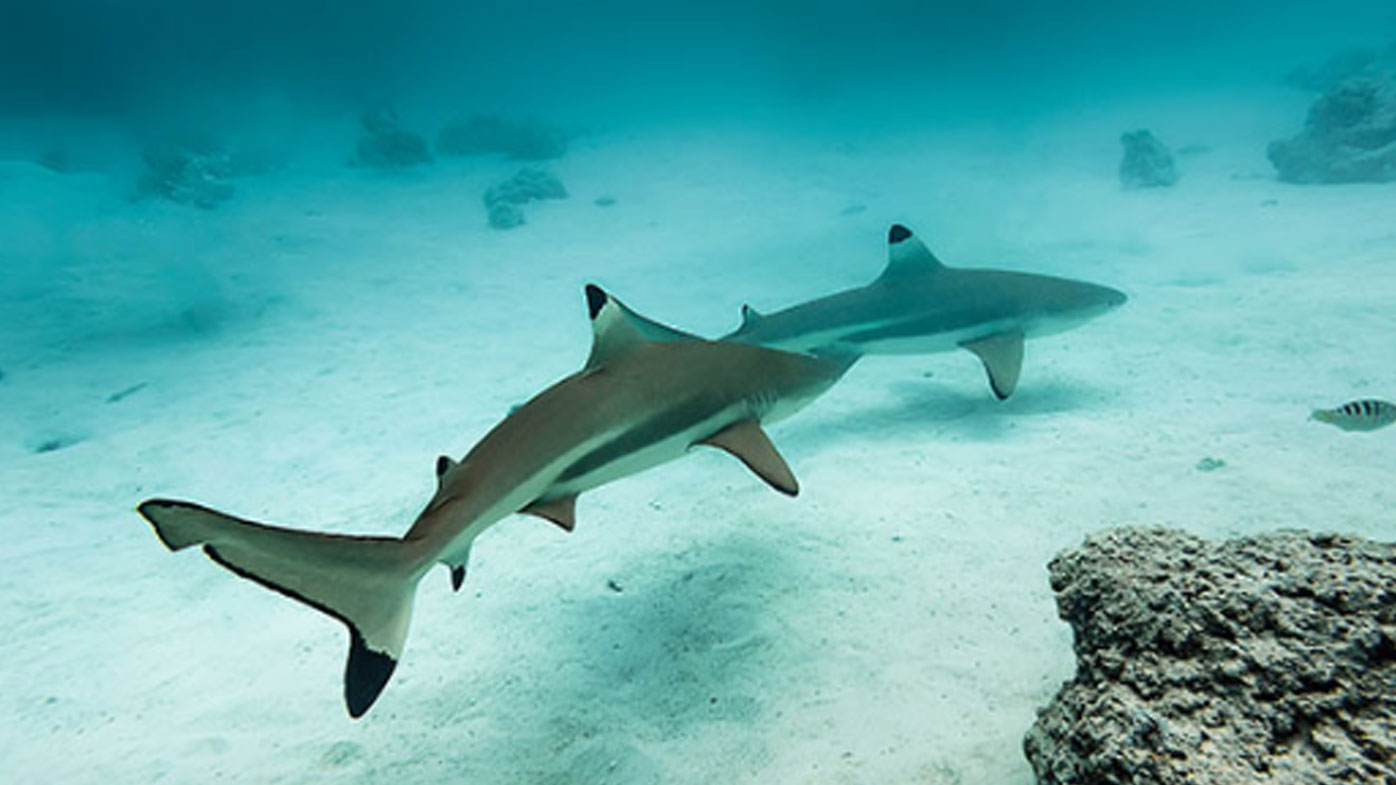
In what sounds like the plot of a low-budget movie, scientists have discovered cocaine inside sharks caught off of Brazil, and they are concerned it may be changing their behaviour.
Tests on 13 Brazilian sharpnose sharks taken from waters off Rio de Janeiro revealed they all had high levels of the recreational narcotic in their livers and muscles.
Marine biologists, who published their findings in the journal Science of the Total Environment, said the drug likely came from the city’s sewerage system.
READ MORE: Police investigate reported rape of Australian woman in Paris, French media say
They said it may have come from illegal cocaine factories or from the excrement of drug users, through untreated sewage.
A less likely source was from the sharks feeding on bales of cocaine that were lost or abandoned in the sea by drug smugglers.
It’s the first occasion cocaine has been detected in free-roaming sharks.
Scientists and environmental campaigners have long highlighted the dangers of oil and microplastics for marine life, but illicit drugs are emerging as a new threat.
Rachel Ann Hauser-Davis, a British scientist and member of the research team from the Oswaldo Cruz Foundation in Rio de Janeiro, told the Telegraph cocaine was probably harmful to the sharks’ health.
READ MORE: Harris wins key endorsement, pays tribute to Biden’s ‘unmatched’ legacy
However, it was not known whether digesting the drug made the animals more aggressive or unpredictable in their behaviour.
“This may be the case, as cocaine targets the brain, and hyperactive and erratic behaviour has been noted in other animals. It’s a possibility and further studies are required,” said Enrico Mendes Saggioro, an ecotoxicologist from the Oswaldo Cruz Institute.
The 13 sharpnose sharks were captured by fishing boats that sail the coastal waters off Rio de Janeiro. The species was selected because they spend their whole lives in coastal habitats and therefore are likely to have been vulnerable to pollution from humans.
Concentrations of cocaine up to 100 times higher than previously detected in other marine animals were found when the creatures were dissected.
The researchers described their findings as “worrying” for the ocean ecosystem.
Watch every moment, every medal of the Olympic Games Paris 2024 live and free on Channel 9 and 9Now. Plus, every event ad-free and in 4K on Stan Sport.
links to content on ABC
9News





